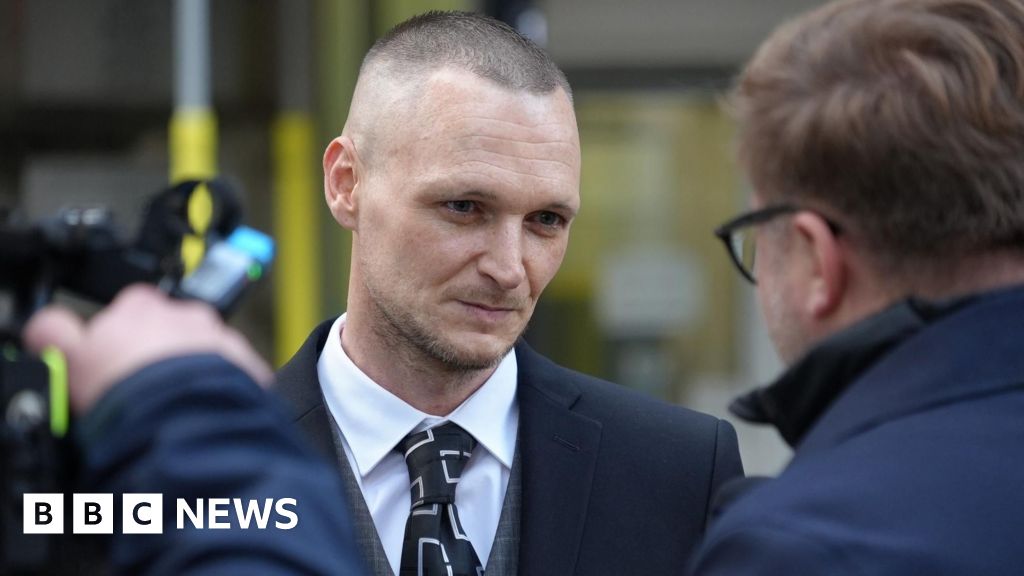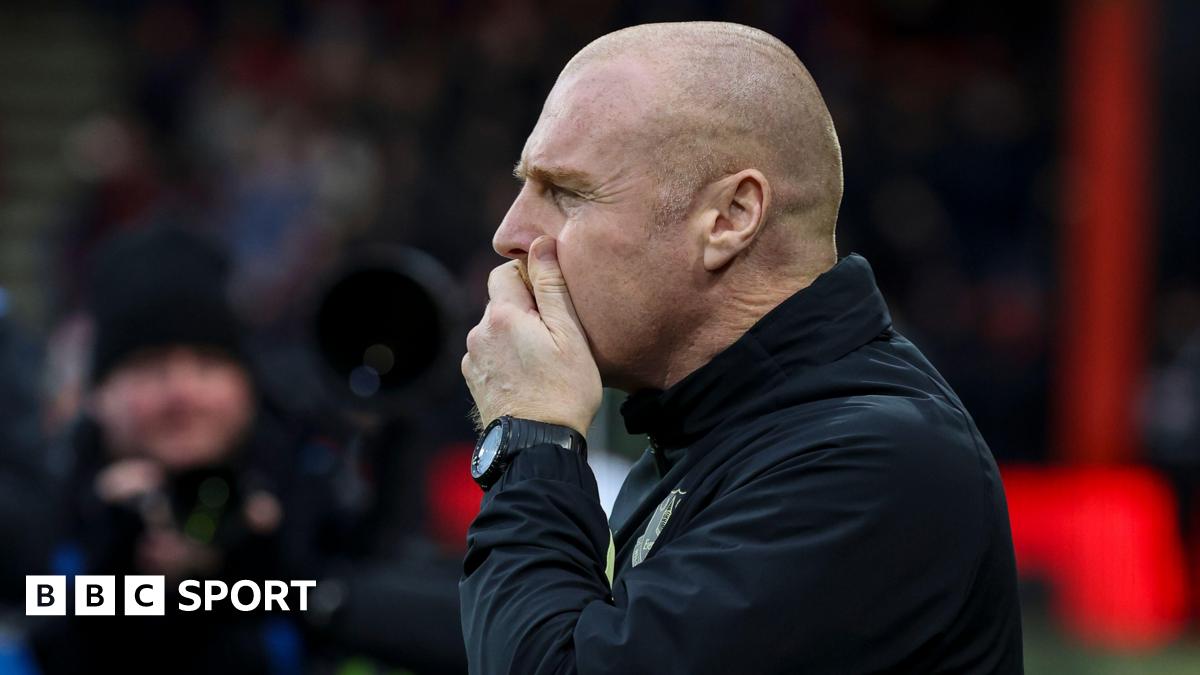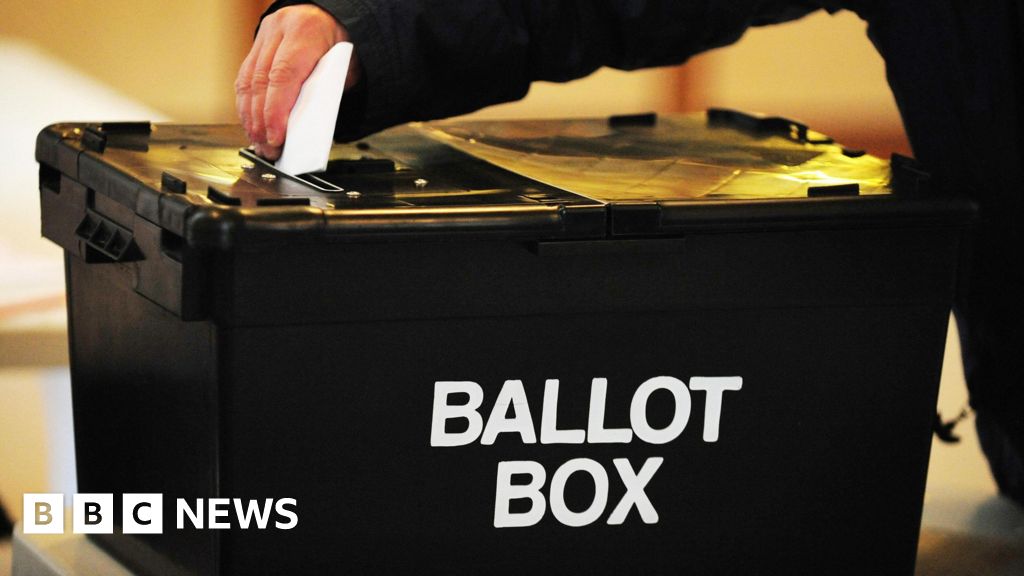The Home Office has outlined plans to tackle illegal immigration, including deploying 100 new intelligence officers to target people smuggling gangs.
Ministers are also promising a "large surge" in the number of flights removing failed asylum seekers and others in the UK illegally.
As part of its plan the government says it will reopen immigration removal centres in Hampshire and Oxfordshire, adding 290 beds.
Home Secretary Yvette Cooper said she wanted to introduce a "better-controlled" system to replace "the chaos that has blighted the system for far too long".
The Conservatives said Labour were "not serious about tackling the people smugglers or stopping the boats".
Shadow home secretary James Cleverly welcomed more resources for the National Crime Agency and increased detention capacity but said the government's plan was "not ambitious enough".
"Paired with their moves to cancel our deterrent, give an effective amnesty to thousands of illegal migrants, and failure to hire a head of their phantom border command, it doesn't scratch the surface."
Steve Smith, head of the refugee charity Care4Calais said: "The only way to stop crossings, and to save lives, is to create safe routes for people to claim asylum in the UK - that's what the new government should be focusing on."
Enver Solomon, chief executive of the Refugee Council, said instead of expanding detention programs, the government should be supporting failed asylum seekers in the community to return voluntarily.
He told BBC Radio 4's Today programme that treatment of people in detention centres is "very poor".
"If you treat people with respect and you manage and support them to return, many more people return," he said.
In recent years there has been growing concern about the numbers of migrants and asylum seekers coming to the UK via illegal methods, particularly by small boats across the English Channel.
More than 19,000 people have crossed the Channel in small boats so far this year - a 10% increase on last year but a fall from the peak of more than 21,000 in the same period in 2022.
The previous Conservative government tried to reduce numbers through its Rwanda scheme which would have deported migrants to the east African country.
On being elected in July, the Labour government immediately scrapped this plan, labelling it a "gimmick".
It said it instead wanted to focus on stopping the criminal gangs that arrange for people to make the crossings and speeding up the process of returning those with no legal right to be in the UK.
The government has now announced that 100 new specialist intelligence officers and investigators will be deployed to the National Crime Agency (NCA) to "disrupt and smash criminal smuggling gangs and prevent dangerous boat crossings".
The officers will work in the UK and across Europe, with some undercover and others targeting the supply of inflatable boats and equipment.
The NCA currently has around 70 active investigations into people smuggling and trafficking groups.
The government also says it will redeploy staff to work on returning failed asylum seekers and increase sanctions against employers who hire workers illegally.
Other measures announced by the government include increasing capacity at detention centres, by reopening the Campsfield and Haslar sites in Oxfordshire and Hampshire .
Haslar, near Portsmouth, was closed in 2015 after a report described it as "expensive and damaging to detainees".
Through these measures, the government hopes to reach "the highest rate of removals" since 2018 within the next six months.
The number of people being removed from the UK has fallen from a high in 2013 of more than 46,000 to around 14,000 in 2022. It dropped sharply in 2020 to 8,300 due to the Covid pandemic, but have risen slightly in recent years.
Home Office Minister Seema Malhotra said nine "return" flights had taken off over the last six weeks, including one carrying more than 200 people.
In early July, Home Secretary Yvette Cooper announced she would be recruiting someone to lead a UK Border Security Command to draw together the work of the intelligence agencies, the police, immigration enforcement and border force.
The government said the appointment would be made within weeks but the new command leader has not yet been named.
As part of other measures to reduce illegal migration, Prime Minister Sir Keir Starmer pledged £84m for projects in Africa and the Middle East to stop illegal migration "at source".
The government has said the funding for education, employment opportunities and humanitarian support would help address the factors driving people to leave their homes.
 (1).png)
 4 months ago
9
4 months ago
9


















